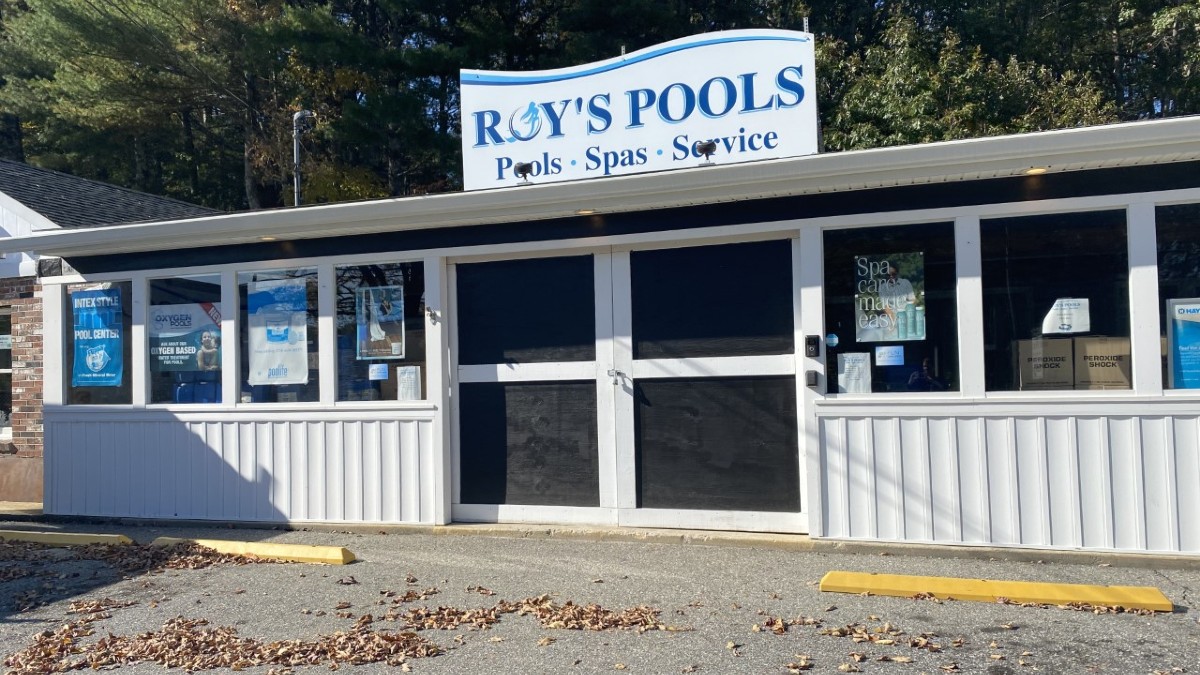We're in the midst of the pandemic and so many people are worried about how they'll be able to pay their rent.
The nation's highest court has spoken and its decision means thousands of people could lose their homes. The Supreme Court has blocked the CDC's eviction moratorium, saying the agency doesn't have the authority to create one.
It's just the latest chapter in a long debate over how to protect people during the pandemic, but also keep landlords from losing their income.
NBC Connecticut's Dan Corcoran spoke with Brendan Holt, the executive director of the homelessness mitigation mediation project at Quinnipiac University.
329 medal events. 32 sports. Endless drama. Catch all the action at the Paris Olympics. Sign up for our free Olympics Headlines newsletter.
Dan: First off, can you explain a little bit more about what the Supreme Court's decision means for Connecticut?
Holt: Yeah, absolutely. I think it's important to understand it's not that profoundly impactful on Connecticut. There is still a Connecticut-specific moratorium in place by our governor, that has not ended it was going to go on for about another week. So while this was not an unexpected decision by the Supreme Court, most folks following it anticipated this. There isn't a directory. You know, there is still a moratorium separately covering Connecticut for a little bit longer as well.
Dan: Now, let's talk about what your team does. It does a lot of work with people who could be facing homelessness. So what is your main message to people who may be looking at this decision and the growing pile of bills on their counter and thinking they just don't know what to do right now?
Local
Holt: Yeah, absolutely. To not panic. I know this is a highly emotional topic and a very sensitive one. But even with the moratoriums aside, United CT, which is the program which we contract and work to provide mediation, where appropriate, still will be operating, the moratorium will change that. In fact, it obviously just makes it a more pressing need to go forward as quickly and efficiently as possible.
Dan: Now, if somebody is behind on their rent, how should they start that conversation with their landlord?
Holt: You know, that's actually a brilliant point. And really, it's pretty simple, but a little more profound, that they should start that conversation together. They can approach it, you know, involving both parties kind of working with each other. And that's what mediation does is to make that conversation as fluid and beneficial as possible. But we've been finding landlords, in particular, have had a little bit of frustration, being able to communicate, the tenants are kind of a little reluctant to reach out and address the need, and try to start the conversation about how they're going to get back in good standing and catch up and work with each other. So just having the conversation would be a brilliant start.



